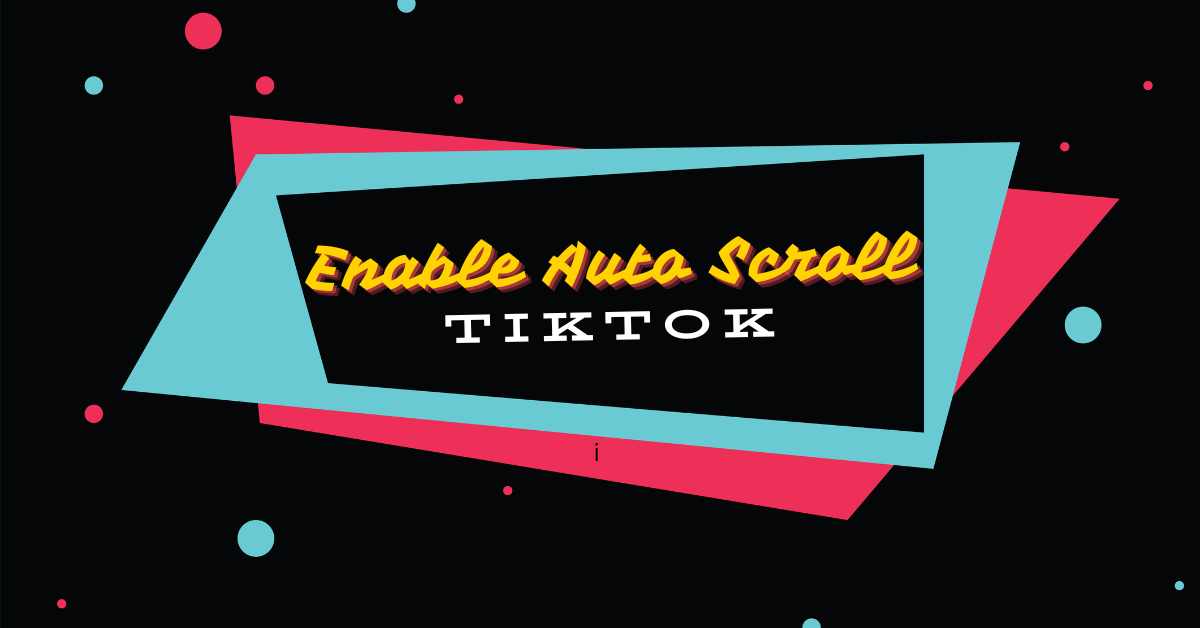Blockchain technology has been heralded as a revolutionary development from the financial sector to the medical field. Its growing popularity among organizations and individuals may be attributed to its offer of a secure, decentralized, and tamper-proof method of storing and exchanging data. The effect of blockchain on personal information security is a significant worry. In this post, we’ll discuss how blockchain technology might compromise users’ personal information and why that’s a problem for business owners and regular people.
How Blockchain Affects Data Privacy?
Blockchain technology may improve or compromise users’ ability to keep personal information secret depending on its use. Some of how blockchain technology influences data security are listed below:
Transparency And Decentralization
One of the main advantages of blockchain technology is that data is distributed throughout a distributed network of computers rather than being kept in a single place. This makes it more difficult for hackers to steal or manipulate data, which improves security and transparency. However, this also means that anybody with blockchain access may see an individual’s private data.
Comparing Anonymity And Pseudonymity
Pseudonymous transactions on the blockchain use a public key as their identifier rather than a real name. While this is useful for protecting anonymity, it is still feasible to determine who has a public key by looking at previous transactions on the blockchain. In addition, users of specific blockchain-based systems, such as Bitcoin Bank, may be asked to supply personal information to meet AML and KYC requirements.
Permanence And Inflexibility
Data contributed to the blockchain is immutable. Thus, it cannot be altered or deleted. While this has the potential to increase transparency and accountability, it also means that one will preserve people’s private information on the blockchain indefinitely.
Confidentiality Agreements And Electronic Records
One of the essential uses of blockchain technology is the creation of “smart contracts,” which execute themselves based on the parameters agreed upon by the buyer and seller. While smart contracts can automate and optimize several operations, they also run the risk of exposing sensitive information if such data is included in the contract’s conditions. Individuals’ names, addresses, and financial information may be stored on the blockchain as part of a real estate transaction’s smart contract.
Concerns For Entrepreneurs
Blockchain and data privacy raise a variety of issues for business owners. Some of the most notable are as follows:
Strict Adherence To Privacy Policies
You must follow the rules if you’re an entrepreneur using blockchain technology to gather and keep user data. Negative consequences, including loss of reputation and criminal charges, may result from noncompliance.
Who Is To Blame When Data Is Compromised
Entrepreneurs may be liable for data breaches if sensitive information is stolen or leaked from a blockchain-based system. The business owner’s reputation, finances, and legal standing might take a hit.
Integrity And Fame Amongst Consumers
People’s reluctance to embrace blockchain-based solutions arises from their worries about the security of their personal information. Startups must be open about gathering and storing customer data and take precautions to show they care about customer security and privacy.
Blockchain Advantages And Individual Privacy
When deciding whether or not to use blockchain technology, entrepreneurs must measure the benefits against the costs. Increased safety, openness, and effectiveness are some advantages that blockchain technology may provide. However, one must weigh the possible privacy dangers against the benefits.
Concerns For Consumers
Consumers have also voiced concerns about data privacy and blockchain. Some of the most notable are as follows:
Pseudonymity
Consumers have legitimate privacy concerns about blockchain transactions due to their inherently anonymous nature. Blockchain’s high degree of openness is balanced by its users’ ability to employ pseudonyms, making it more challenging to attribute transactions to specific individuals.
Data Permanency
Consumers also need to figure out how permanent their blockchain data will be. Users may need help to exercise complete control over their data due to the immutability of data put into the blockchain. This may cause people to worry about the security of blockchain-based systems in the long run.
Intrusions And Other Forms Of Hacking
Customers also worry that one might hack blockchain-based systems or compromise their security. While blockchain has a good reputation for security, there have been cases of breaches in the past that led to the loss of user funds and the theft of personal information.
Unable To Rein In
Finally, users of blockchain-based systems may worry about needing more authority over their data. Customers may need clarification as to whom they should contact in case of breach or inappropriate use of personal information. Blockchain technology is decentralized. Thus, there is no institution in charge of user privacy.
Solutions And Recommendations
Regarding blockchain and personal information security, business owners have several options. Here are just a few examples:
File And Information Encryption And Decryption
Before putting sensitive information onto the blockchain, business owners may encrypt it. One may improve the system’s overall security since the data may become more difficult to access or steal. In addition, business owners may employ decryption methods to provide appropriate users access to the data as required.
Blockchains With An Emphasis On Privacy
Startups could also employ privacy-centric blockchains like Monero, Zcash, and Dash, which use sophisticated cryptographic methods to protect users’ anonymity and privacy. These blockchains have the potential to answer questions regarding pseudonymity and data integrity on the blockchain.
Data-Protecting Smart Contracts
Smart contracts provide an additional tool for entrepreneurs by allowing them to insert data protection provisions that specify the handling of sensitive information. Data privacy is enhanced when consumers are made aware of the intended use of their knowledge and when only necessary data is gathered.
Promotion Of Business And Consumer Knowledge
Business owners should take the time to learn about blockchain and client concerns regarding data protection. To keep up with the newest innovations in the sector, business owners may seek out training and education opportunities, as well as information and resources on best practices for data security. Small business owners may reassure their clientele by being open and honest about the safety and storage of their client’s personal information.
Conclusion
Although promising revolutionary change in several sectors, blockchain technology raises severe questions about user privacy. Entrepreneurs and customers must be alert to these issues and actively try to lessen them as blockchain-based solutions become more widespread.
Business owners need to weigh blockchain technology’s privacy dangers and advantages, ensure they comply with data protection legislation, and accept responsibility for data breaches. They might consider using encryption and decryption methods, privacy-focused blockchains, smart contracts, and constant education and awareness to overcome these issues.












